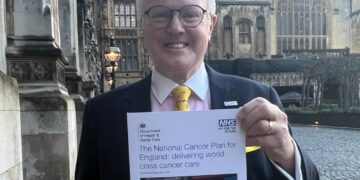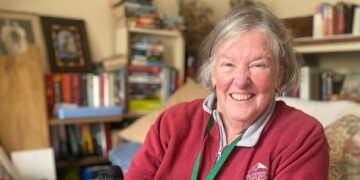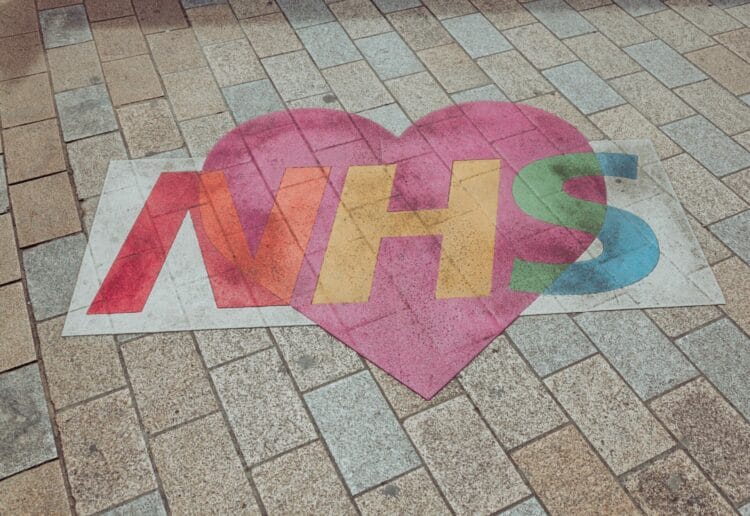WOMEN are being urged to attend breast screening appointments following the release of new statistics by the National Health Service.
NHS figures show that in 2022-23 nearly three million people were invited to book a check-up, with only 1.93m attending.
While it represents a 2.3% increase on the previous year, it is still below two in three of those invited at 64.6%.
This means that 35.4% did not attend, and this jumped to more than 46% of those who had been invited for the first time.
The screening programme sees around 19,000 detections of cancer in women across England in 2022-23.
Now the health service is calling on women to attend their screenings to help them detect cancer early and increase their chances of survival.
The NHS is also encouraging breast awareness in women of all ages, which means being familiar with their own bodies so that they can better notice any unusual changes.
They are being encouraged to check their breasts regularly and consult their GP in the event of any abnormalities.
It follows a £70m investment by the government in transforming digital screening for cancer over the next three years.
Women usually receive their first routine invitation to screenings for breast cancer between the age of 50-53, and again every three years until they reach 71.
Figures from Cancer Research UK show that almost all of women diagnosed with breast cancer during stage 1 survive the disease for at least five years, dropping to around three in 10 diagnosed during stage 4.
A woman’s risk of getting breast cancer goes up as they get older, with around four out of five breast cancers found in women over 50 years old.
Dr Louise Wilkinson, Consultant Radiologist and National Specialist Advisor for Breast Screening at NHS England, said: “Around one in seven women are diagnosed with breast cancer during their lifetime, and detecting it at an early stage helps give people the best chance of successful treatment.
“Today’s figures show that 18,942 women were diagnosed and able to seek treatment because they attended breast screening check-ups last year. We know that lives are saved when cancers are caught early. I know life gets busy, but I would urge anyone who has received a breast screening invitation – even if you received the invite weeks or months ago – to put your health at the top of your to-do list and book an appointment at your local screening service or mobile unit. It could save your life.”
Health Minister Maria Caulfield said: “It is vital that women come forward for breast screening when invited, as early cancer diagnosis can make all the difference.
“We’re making it as easy as possible to attend appointments and screening rates are rising, but there are still too many women missing out so I urge everyone receiving that text invite or that letter to book a check-up – it could be lifesaving.”
Deborah Tomalin is the Director of Screening at NHS England. Now aged 60, she first discovered she had breast cancer after her second routine mammogram at age 53. She was diagnosed with early stage cancer, underwent a mastectomy and lymph node removal, and was given longer term oral medication as the cancer was a type that was found to be oestrogen dependent. She is thankfully now all well. She encourages anyone who is invited to come forward for their breast screening.
Deborah said: “Nobody wants to hear they have breast cancer. It turns your world upside-down and is such a worrying time for you and your family. But I was lucky that my cancer was caught early (by screening) and so the outlook has been bright for me.
“I completely understand going for breast screening can feel daunting – some people might worry that it will be painful or be embarrassed to take your clothes off, but I can reassure you that the actual mammogram takes just a few minutes and any discomfort does not last long and the staff all look after you so well. I encourage anyone who has been invited to come forward for screening as it can find cancer at an early stage and it really can save your life.”
More information about how to check for abnormalities and how to get support is available via: breastcancernow.org
Details about the NHS Breast Screening Programme are available via: https://www.nhs.uk/conditions/breast-screening-mammogram/
https://breastcancernow.org/
https://www.nhs.uk/conditions/breast-screening-mammogram/























